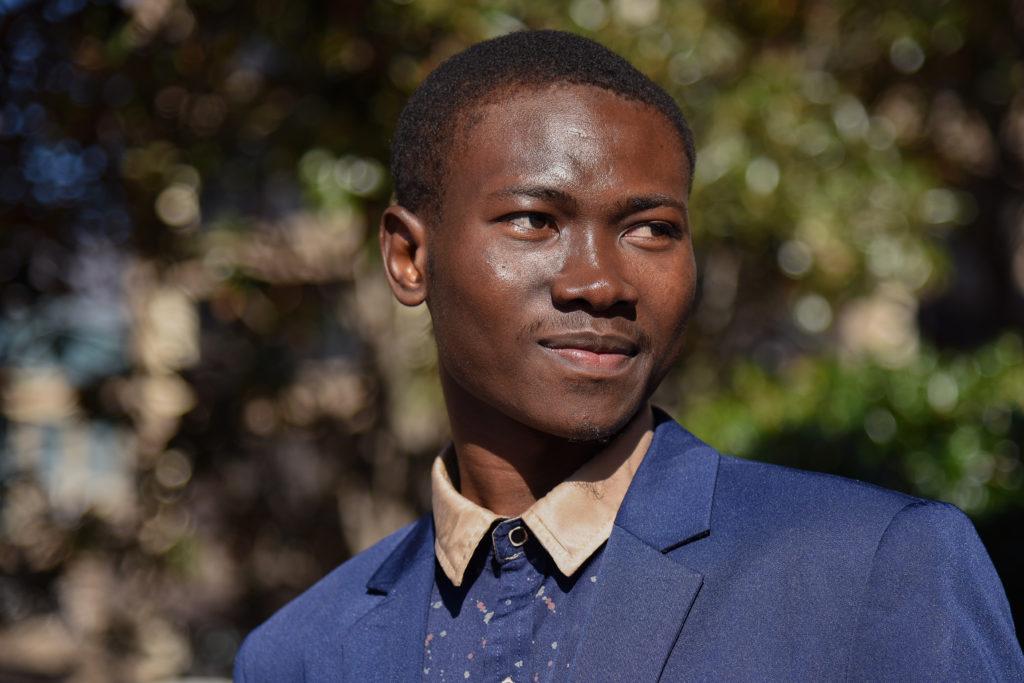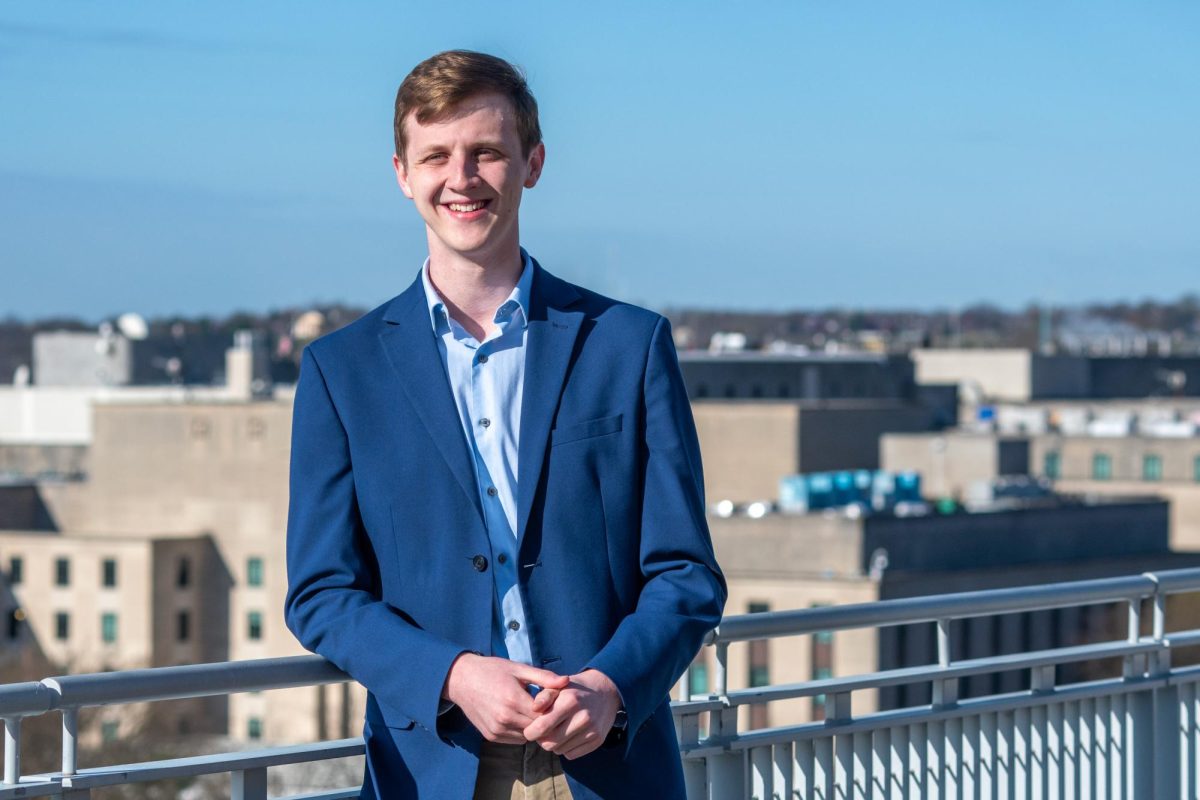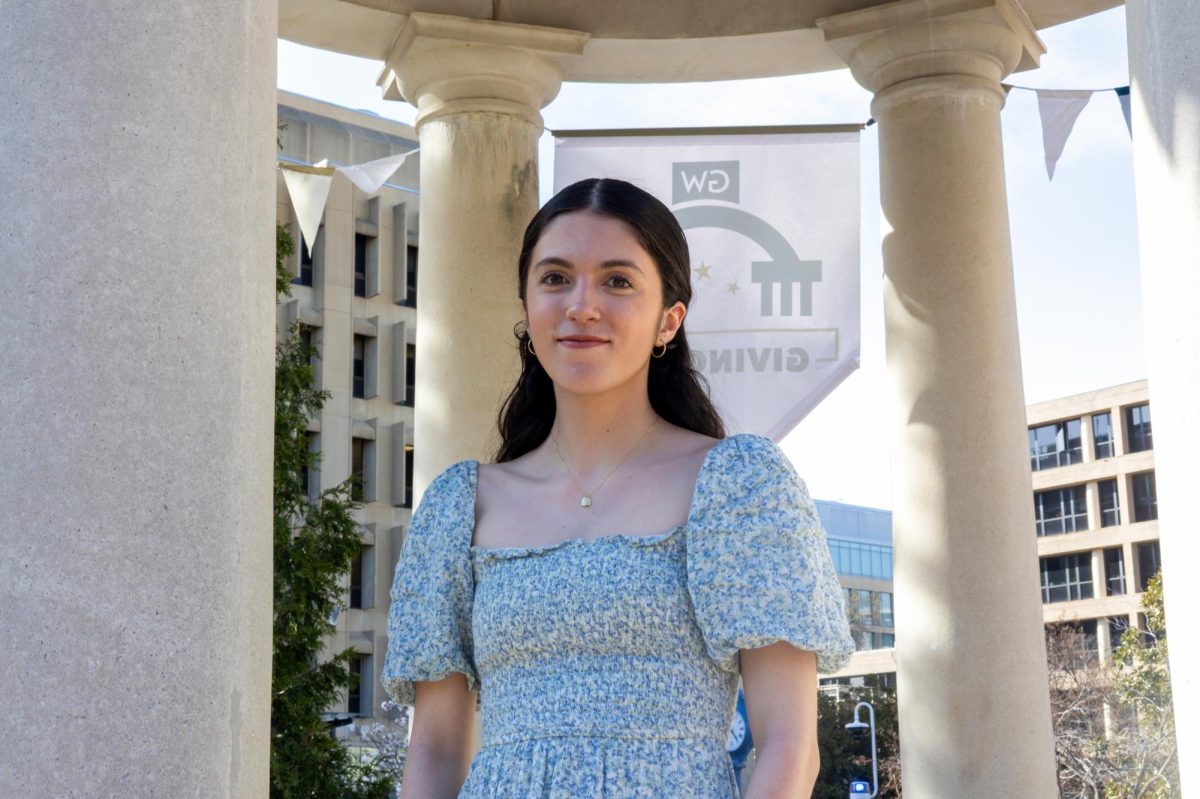In the wake of a presidential power struggle that briefly consumed the Student Association this summer, SA leadership said they looked to research how to expand access to contraceptives and fill empty positions that stalled summer progress.
After the executive cabinet voted to remove SA President Christian Zidouemba – a move that the SA quickly overturned following the withdrawal of two votes – the SA Senate reduced ambiguity in the SA’s governing documents in July to prevent future confusion over behavior that warrants presidential removal. As the summer progressed, the SA started brainstorming plans to expand contraceptive access on campus with a depleted staff of cabinet members and senators that leaders aim to restock in hopes of accomplishing more long-term initiatives.
At least seven of Zidouemba’s cabinet members resigned in the fallout of the presidential power struggle, but despite nominating new members to replace them, the senate has yet to grant its confirmation. In the legislative branch, the SA filled 12 vacant seats after record-low voter and candidate turnout in the spring left the body nearly half empty.
Here are the highlights of the SA’s summer work:
Expanding access to contraceptives
Zidouemba said in the wake of the Supreme Court’s decision to overturn Roe v. Wade this summer, his cabinet started communicating with Northeastern University to learn about how the school implemented vending machines on campus that distribute Plan B to students.
“Being able to bring those machines on our campus at a low cost is essential to me,” he said. “And I think that it’s a necessary first step.”
Northeastern’s Sexual Health Advocacy, Resources and Education program plans to install multiple vending machines on campus during the fall semester pending supply chain delays, and one vending machine is already distributing Plan B on campus.
Replacing executive cabinet members
Zidouemba said he nominated seven cabinet members to create a diverse cabinet of “people who want to make a change” to replace the at least seven who resigned in early July because they viewed him as unfit for the position and complicit in creating a “hostile” working environment. The senate has not yet confirmed Zidouemba’s nominations but will consider them, pending two committee approvals, at its meeting Monday.
“I pride myself on bringing in people who have different backgrounds and can think intellectually,” Zidouemba said. “As a president, I’m not serving one specific group of people, I’m serving a whole entire community.”
During a pair of public meetings that the senate held in light of the rise and fall of the SA’s power struggle, former cabinet members and other “witnesses” to Zidouemba’s alleged behavior said he threatened to fire cabinet members and was “condescending” to certain SA leaders. But some other cabinet members who voted to remove Zidouemba claimed they were pressured to do so.
After the meetings, senators created a committee to review the SA’s governing documents and clarify which circumstances would warrant presidential removal.
Zidouemba said he has nominated a student to the newly created director of community service position to the SA executive cabinet to reach out to D.C. neighborhoods and help students “get outside of Foggy Bottom.” He also nominated a student to the new director of first year student outreach position to serve as a point of contact for freshmen.
“It’s all about bringing in different people with different backgrounds, and I’m excited,” he said.
Zidouemba said the senate’s confirmation process for his cabinet nominees delayed his summer plans for the SA because he was unable to pursue the same initiatives without a larger executive team. He said previous SA administrations have been able to achieve more progress because of built-up, long-term initiatives, like the debut of U-Pass which took “almost 10 years” to coordinate.
Last summer, the previous executive cabinet expanded transportation for Reserve Officers Training Corps members and were in the height of planning for the launch of U-Pass and expansion of SafeRide.
“In one year, you can’t get everything done,” he said.
Zidouemba said he also appointed four students to the Joint Committee of Faculty and Students, which awards annual scholarships to student leaders, and the Appeals Board, which decides on student conduct cases.
Andrew Harding, one of Zidouemba’s senior policy advisers, said the cabinet “lost months-worth of planning time” from the attempt to remove Zidouemba and the subsequent cabinet resignations, which interfered with the executive branch’s plans to “examine the structure and culture of the SA.” He said the executive branch planned to finalize the cabinet by the end of the summer, but the senate has yet to confirm several executive committee nominees.
Zidouemba has nominated Harding to replace the former Legislative General Dylan Basescu, who resigned this July during the power struggle. He said he has replaced all members of his cabinet, including creating a deputy chief of staff position, but the senate has not confirmed any replacements yet. Zidouemba nominated six executive secretaries for undergraduate and graduate academic affairs, diversity, equity and inclusion, dining services, government relations and alumni relations, according to the legislative calendar.
The senate plans to vote on whether to confirm the seven candidates in their meeting Monday.
“I think once the confirmation process rolls through that we’ll actually get to have everyone sit down, put our heads together and really get those policies rolling,” Harding said.
Filling senate vacancies, rolling out funds
Executive Vice President Yan Xu said the senate has filled 12 of its 22 vacancies from the start of its term, which totaled nearly half of the entire senate. He said the senate is also not planning to convert any of its vacant seats to University-at-large seats, a move that would reduce school-specific representation and increase the leverage of schools with larger populations.
“I sent a lot of emails to graduate student directors, student life deans in each school,” he said.
The senate has 10 remaining vacant seats to fill, nine of which are graduate school seats.
Xu said the University will fully implement the University Wide Program Fund for the first time this year. The initiative splits funding for student organizations between the program fund, which comes directly from the University, and the SA finance committee’s allocations process.
Xu said the fund’s application will be “very similar” to preexisting SA funding applications after the University created the initiative last spring.
“The total funding for student organizations really didn’t change,” he said. “It just goes to another committee that has more knowledge and can process this type of application faster with student organizations.”








